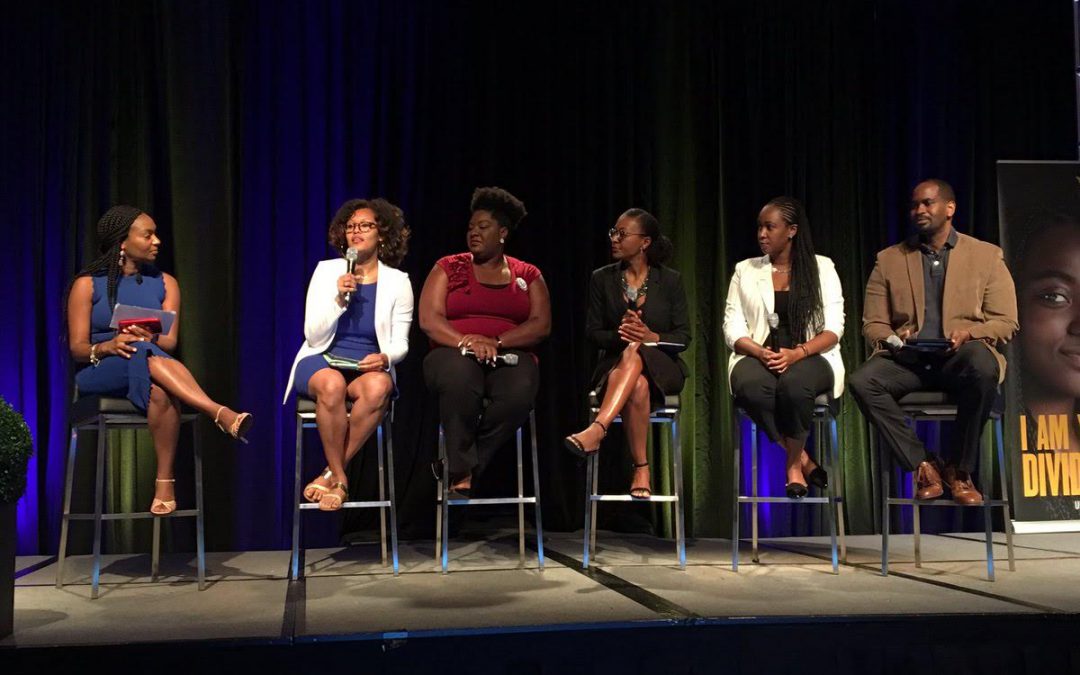WASHINGTON – Colleges do not adequately meet the needs of marginalized students, such as LGBTQ people or low-income students, but renewing the higher education law could address inequity by tackling student debt, assessing workplace success and increasing services to help them integrate into college life and classes, civil rights groups say.
Nearly 50 civil rights and education groups created a list of civil rights principles they want Congress to include in the reauthorization of the Higher Education Act. Congress held five hearings over the last few months with testimony from all sides and is drafting legislation aimed to getting bipartisan support, said a House Education Committee aide.
The civil rights and education coalition recommended the higher education renewal ensure colleges adequately enforce existing nondiscrimination regulations in the law.
“Fully inclusive, nondiscriminatory policies” only work with university enforcement and civil rights enforcement from the federal government, said Lambda Legal Counsel Paul Castillo.
The coalition also proposes protections for minority groups, including low-income students, people of color, LGBTQ people and women, to raise completion rates, remove enrollment barriers and protect student loan borrowers from exploitative “federal and private student loan servicing.”
“College students look different than they did in previous years,” said Soncia Coleman, senior director of program at Young Invincibles. “[It is] critical that higher education reflects the needs of today’s students. [The act] is long overdue for reauthorization.”
The most recent reauthorization was over 10 years ago. Student debt “grew dramatically” since the 2008 reauthorization, disproportionately hurting black students, Coleman said. Other issues include making student success a priority and campus safety data accessible, and excluding for-profit colleges from federal financial aid programs until they show “increased student earnings” and funding from nonfederal sources.
Coleman’s group is worried about a rollback in protections under the Trump administration like the recent Education Department repeal of gainful employment regulations, which sought to prevent for-profit colleges and universities from offering degrees with low prospects for future employment, while causing high student debt.
“This particular administration has walked away from these things … in way that will harm all students, but especially those who can’t afford to lose out on time [and] money,” said Tiffany Jones, director of higher education policy at The Education Trust. “[It is]not only a threat to students and families, but higher education as a whole.”
Department of Education spokesman Jim Bradshaw responded to a request for comment with a statement made last month by Secretary of Education Betsy DeVos.
“The Department’s rules should be designed to support all students and treat all schools fairly. The previous administration’s rule did neither,” DeVos stated. “All schools should be clear and transparent about their outcomes, and all students should have a full range of information available. We’re committed to making that happen.”
The Department intends to show students by the end of the year how much money they will earn based on their major or college program after graduation, DeVos stated. The Department offers information using College Scorecard on preliminary loan debt by field of study for 2,100 certificate-granting programs, DeVos stated.
Campus safety and inclusivity
The Trump administration’s decision to rescind the Title IX guidance that reaffirmed transgender students’ rights to use school facilities that match their gender identity “promotes a chilling effect,” Castillo said.
“We have seen an erosion of adequate civil rights enforcement for LGBTQ students,” Castillo said. “It … emboldens others, increasing the chances that LGBTQ students may be subjected to harassment and discrimination on campus.”
The guidance included protection for transgender students against sex discrimination. Revoking it did not eliminate legal protections, but enforcement was incumbent upon schools, American Civil Liberties Union LGBT Project Director James Esseks stated at the time.
The White House did not respond to requests for comment.
Liz King, education program director for The Leadership Conference Education Fund, said the coalition wants to “prevent this administration and any future administration from limiting opportunities, from taking advantage of students and from undermining their federally protected civil rights.”


